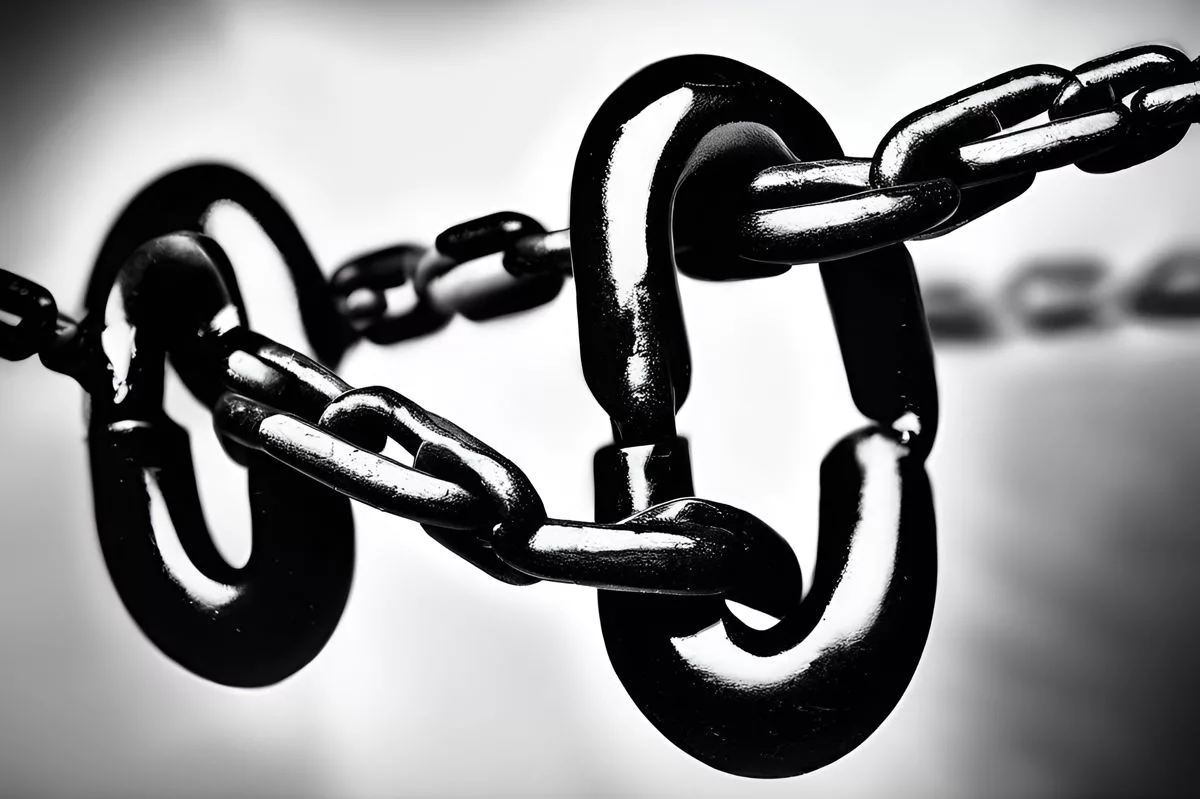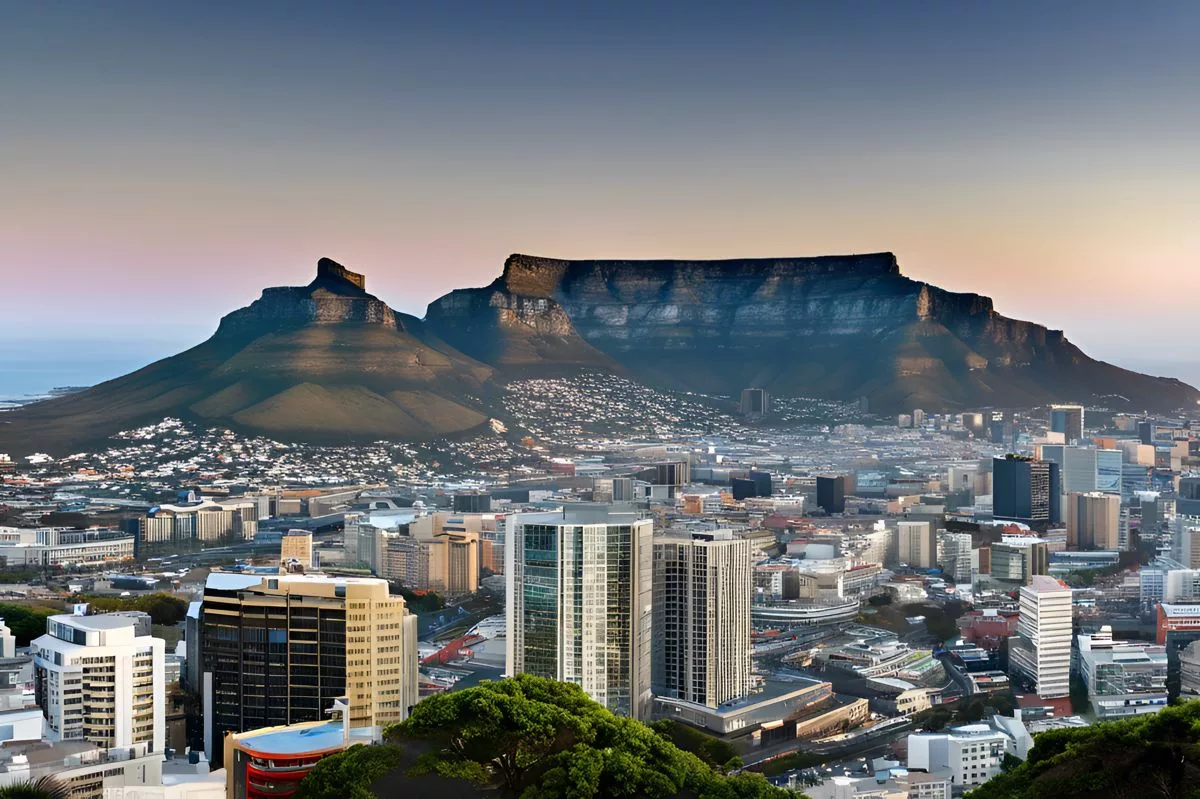The effects of apartheid on South Africa’s social climate are still present today as demonstrated by a recent TikTok video showing racial bias. Despite progress towards racial harmony, educational efforts, awareness campaigns, and open dialogue are needed to uproot prejudice and discrimination. Each citizen has a responsibility to promote tolerance and unity towards a future where equality and respect for all is a living reality. South Africa’s journey towards a society free from prejudice, discrimination, and racism may be challenging, but with resilience and determination, it can be achieved.
How Does Apartheid Still Affect South Africa Today?
South Africa’s past of apartheid still lingers in society today, and recent events show that remnants of racism continue to be ingrained in societal mindsets. While progress has been made towards racial harmony, incidents like the recent TikTok video demonstrate the ongoing need for educational efforts, awareness campaigns, and open dialogue to uproot prejudice and discrimination. Each citizen has a responsibility to promote tolerance and unity, moving towards a future where equality and respect for all is a living reality.
South Africa, a nation with a vibrant core, still experiences the lingering effects of apartheid, reflected in a recent incident on the worldwide social media phenomenon, TikTok. A disconcerting display of racial bias saw a group of young Caucasian South African boys hurling racial insults at a black male during a live broadcast. This episode peeled back layers not just of individual bias but served as an alarming gauge of the residual racial tension in this dynamic country.
The alarming language, inclusive of derogatory racial terms, triggered immediate outrage as the video’s popularity skyrocketed. This blatant display of racism was an insult not just to the target, but it also sparked rage and disillusionment among spectators. South Africans expressed their outrage on various social media platforms, resonating with the unanimous sentiment that such actions are out of sync with their democratic and diverse societal fabric.
This event triggers reminders of South Africa’s troubled past – the apartheid era. An epoch characterized by systemic racial segregation and discrimination against the black majority. This disturbing legacy continues to loom over South Africa’s journey towards unity, fairness, and mutual respect.
South Africa’s Struggle to Overcome its Apartheid Past
Substantial progress has been made since apartheid was abolished in 1994. South Africa has consistently strived to create a social environment steeped in equality, fairness, and respect for all its inhabitants. However, unfortunate events like the TikTok incident indicate that remnants of racism are still ingrained in societal mindsets.
The unsettling fact is that such blatant racism is surfacing almost three decades post-apartheid. This glaringly underscores that the path towards sincere equality and comprehension is far from finished. Despite significant strides towards racial harmony, it’s evident that South Africa continues to wrestle with the necessity to eradicate all forms of discrimination.
Some viewers were spurred into action by the video, recognizing one of the culprits, revealing his identity and schooling details, leading to demands for his expulsion. The message was unequivocal: there must be severe consequences for such horrendous conduct. One commenter speculated that the young man could bid farewell to his university aspirations.
The Collective Responsibility for Tolerance and Unity
This event highlights a crucial point: each citizen has a part to play in nurturing a culture of tolerance, acceptance, and unity. It’s a battle cry for ongoing educational efforts, awareness campaigns, and open dialogue. It’s a stark reminder that the task of uprooting prejudice isn’t solely the domain of legislators and politicians; it’s a duty that falls on every South African’s shoulders.
Amid such disheartening incidents, it’s vital to remember that progress isn’t always a straightforward path. The journey towards real equality and racial harmony is often punctuated by obstacles. Nonetheless, these hurdles shouldn’t dissuade the collective pursuit of a society free from the bonds of bias, discrimination, and racism.
Moving Beyond a Painful Past through Resilience and Determination
It’s only through relentless endeavor, unwavering courage, and steadfast determination that South Africa can genuinely rise above its haunting past. Each individual bears the responsibility to promote tolerance and unity. The road to a society free from prejudice, discrimination, and racism may be fraught with challenges, but South Africa’s unwavering resolve promises a future where equality and respect for all is more than a distant aspiration, but a living reality.
1. What is the Persistent Shadow of Apartheid on South Africa’s Social Climate?
The effects of apartheid on South Africa’s social climate are still present today as demonstrated by recent incidents of racial bias. Despite progress towards racial harmony, educational efforts, awareness campaigns, and open dialogue are needed to uproot prejudice and discrimination.
2. How does Apartheid still affect South Africa today?
South Africa’s past of apartheid still lingers in society today, and recent events show that remnants of racism continue to be ingrained in societal mindsets. While progress has been made towards racial harmony, incidents like the recent TikTok video demonstrate the ongoing need for educational efforts, awareness campaigns, and open dialogue to uproot prejudice and discrimination.
3. What is South Africa’s struggle to overcome its Apartheid past?
Substantial progress has been made since apartheid was abolished in 1994. South Africa has consistently strived to create a social environment steeped in equality, fairness, and respect for all its inhabitants. However, unfortunate events like the TikTok incident indicate that remnants of racism are still ingrained in societal mindsets.
4. What is the Collective Responsibility for Tolerance and Unity?
Each citizen has a part to play in nurturing a culture of tolerance, acceptance, and unity. It’s a battle cry for ongoing educational efforts, awareness campaigns, and open dialogue. It’s a stark reminder that the task of uprooting prejudice isn’t solely the domain of legislators and politicians; it’s a duty that falls on every South African’s shoulders.
5. How can South Africa move beyond its painful past through resilience and determination?
It’s only through relentless endeavor, unwavering courage, and steadfast determination that South Africa can genuinely rise above its haunting past. Each individual bears the responsibility to promote tolerance and unity. The road to a society free from prejudice, discrimination, and racism may be challenging, but with resilience and determination, it can be achieved.
6. What is South Africa’s journey towards a society free from prejudice, discrimination, and racism?
South Africa’s journey towards a society free from prejudice, discrimination, and racism may be challenging, but with resilience and determination, it can be achieved. Each citizen has a responsibility to promote tolerance and unity towards a future where equality and respect for all is a living reality. Educational efforts, awareness campaigns, and open dialogue are needed to uproot prejudice and discrimination.












